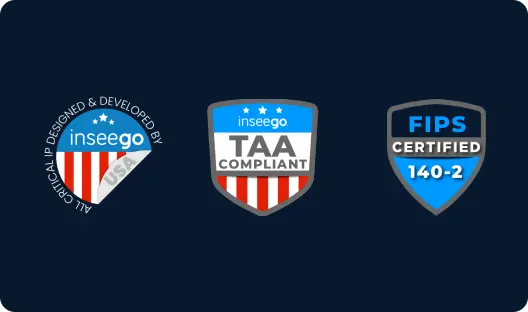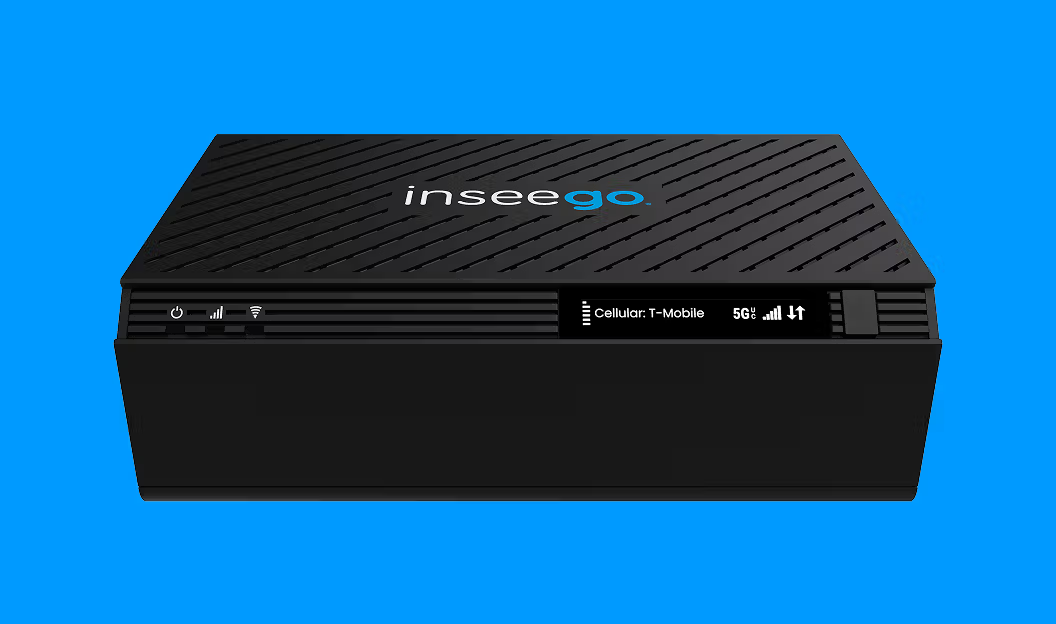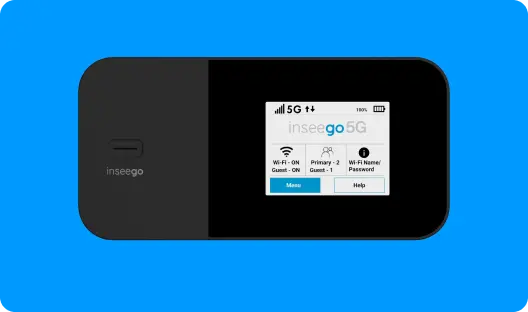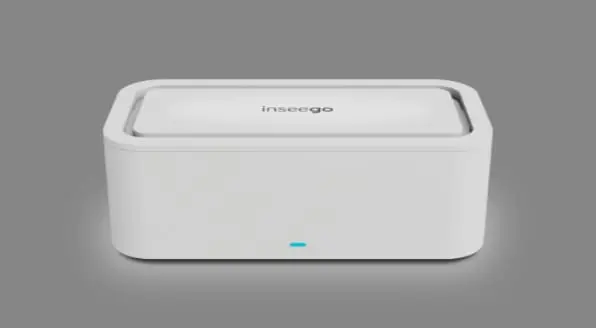Inseego focuses on 5G solutions

Inseego has successfully completed the sale of its telematics and fleet tracking business, allowing the company to streamline its focus on leading-edge 5G solutions. As a result, the fleet tracking products and services that were once part of Inseego's portfolio are no longer available.
Customers seeking reliable fleet management solutions are encouraged to explore Inseego's innovative 5G offerings, including advanced mobile and fixed wireless solutions designed to enhance connectivity, business efficiency, and operational insights.

5G indoor routers
Indoor 5G cellular routers offer high-speed, low-latency, plug-and-play connectivity for rapid, cable-free deployment.
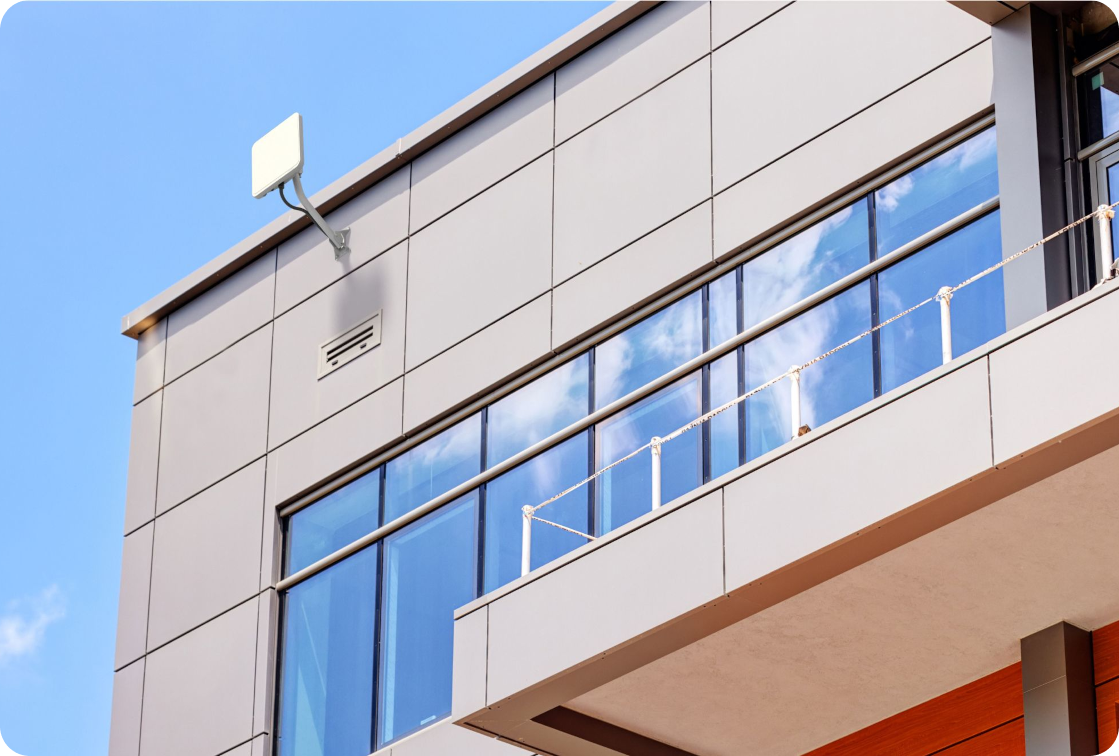
5G outdoor CPEs
Outdoor-mounted 5G and 4G LTE CPEs offer fast, weatherproof, long-range connectivity with high-gain antennas for challenging locations.
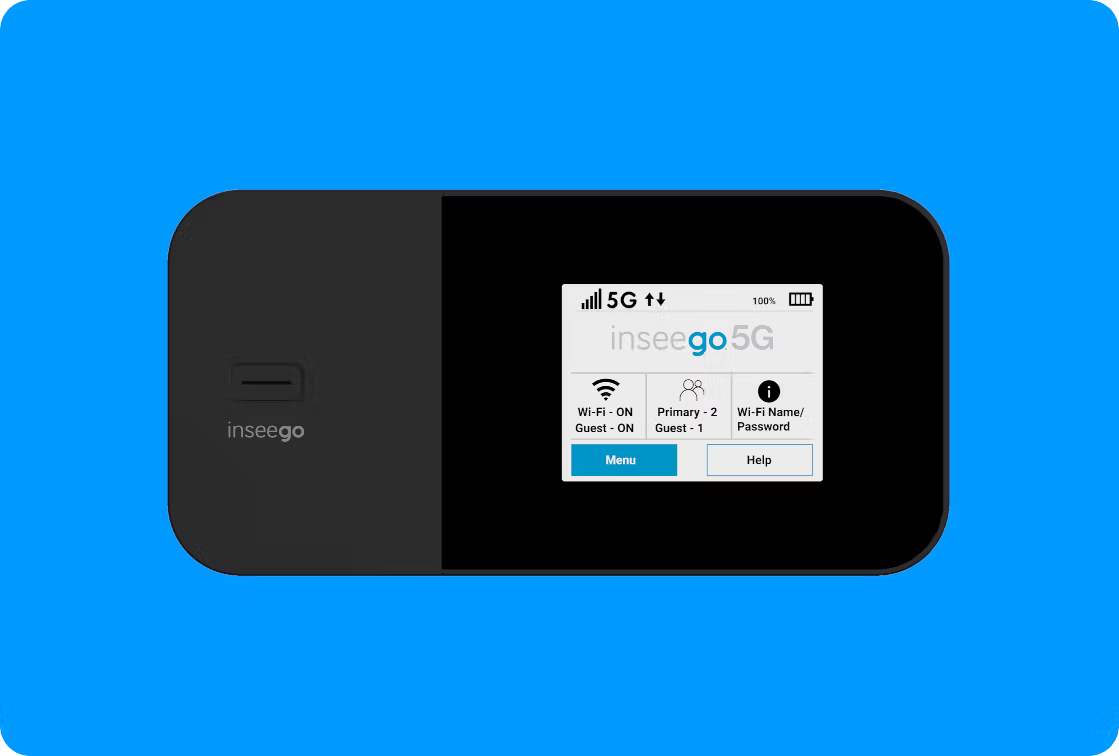
Mobile hotspot routers
Mobile hotspots provide fast, secure 4G LTE and 5G connectivity with long battery life for on-the-go access.


